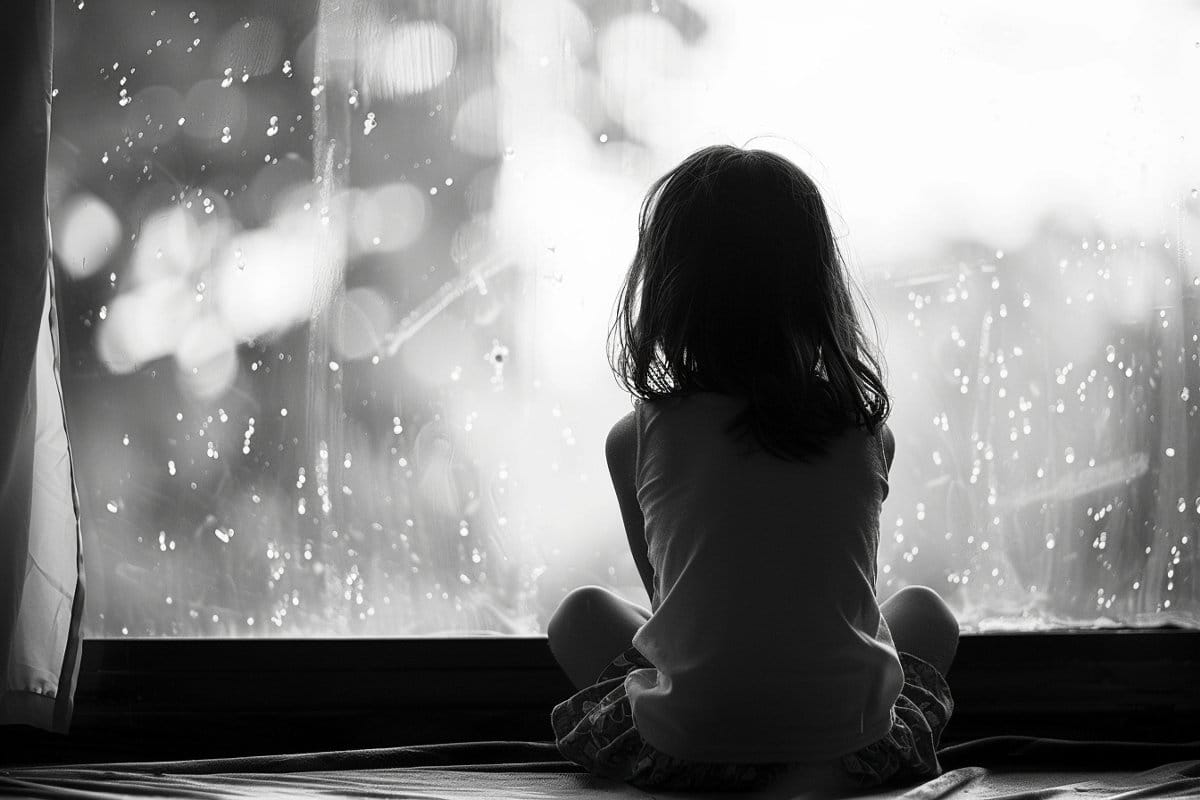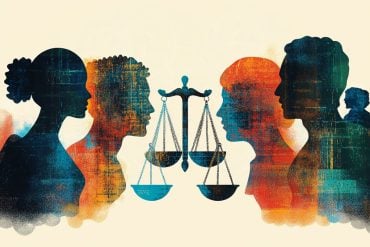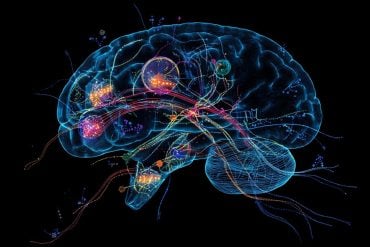Summary: Childhood loneliness significantly increases the likelihood of experiencing a psychotic episode later in life, particularly in women. Through an observational case-control study involving 285 first-episode psychosis patients and 261 controls, the research distinguished the effects of subjective loneliness from objective social isolation.
Key findings demonstrate that loneliness before age 12 doubles the risk of psychosis, with a notably stronger correlation in women. These insights emphasize the importance of early interventions targeting social connectedness to mitigate the risk of developing psychotic disorders.
Key Facts:
- Childhood loneliness more than doubles the likelihood of experiencing psychosis later in life, with a stronger effect observed in women.
- The study differentiates between loneliness (subjective feeling) and social isolation (objective lack), showing loneliness as a potent early risk factor for psychosis.
- Among women who experienced psychosis, those who were lonely in childhood were significantly less likely to be diagnosed with schizophrenia spectrum disorders, suggesting varying impacts on different types of psychosis.
Source: European Psychiatric Association
A new study suggests that children who felt lonely for more than 6 months before the age of 12 are more likely to experience an episode of psychosis than children who did not, with women more affected than men.
Psychosis refers to a collection of symptoms that affect a person’s mind, where there has been some loss of contact with reality. During an episode of psychosis, a person may have difficulty recognising what is real and what is not.

Symptoms of psychosis include hallucinations, delusions and confused thoughts. In some instances, psychosis may be a symptom of other mental health conditions, such as schizophrenia, bipolar disorder, or severe depression.
Symptoms of schizophrenia are often categorised as positive (any change in behaviour or thoughts, such as hallucinations or delusions), negative (where people appear to withdraw from the world around them).
Loneliness is defined as the subjective feeling of distress associated with a lack of meaningful relationships, regardless of the amount of social contact, whereas social isolation is defined as the objective lack of social contact or support.
In an observational, case-control study, researchers assessed loneliness in children with the question “Have you ever felt lonely for more than 6 months before the age of 12” and differentiated this from social isolation by using the ‘peer relationships’ item from the Premorbid Adjustment Scale.
The study sample comprised 285 patients who had experienced their first episode of psychosis and 261 controls.
Key findings from the study include:
- Loneliness in childhood was associated with an increased likelihood of experiencing a psychotic episode (adjusted odds ratio; aOR: 2.17, 95% CI [1.40-3.51], p=.002) and this association remained significant after controlling for objective social isolation in childhood (aOR:2.70, IC 95% [1.58-4.62], p<.001).
- The association between loneliness and experiencing a psychotic episode was stronger in women (aOR:4.74, 95% CI [2.23-10.05], p<.001) than in men (aOR:1.17, IC 95% [0.63-2.19], p=.623).
- In women who had experienced a psychotic episode, loneliness in childhood was associated with a significantly reduced likelihood of being diagnosed with schizophrenia spectrum disorders (aOR:0.155, 95% CI [0.048-0.506], p=.002) relative to other forms of psychosis.
- In those who had experienced a psychotic episode, loneliness in childhood was associated with a greater severity of positive psychotic symptoms as well as affective symptoms (disturbance of mood) and worse functioning.
Dr Covadonga Díaz-Caneja of the Institute of Psychiatry and Mental Health, Hospital General Universitario Gregorio Marañón, Madrid, Spain, said “There is increasing evidence of the negative health and social consequences of loneliness in adults, but much less is known about the long-term effects of loneliness in young people.
“Despite their preliminary nature, our results suggest that childhood loneliness may serve as an early risk factor for later psychotic disorders and support its role as a potential target for preventive mental health interventions from an early age.
“This may be especially relevant considering that childhood loneliness is a prevalent phenomenon that appears to be increasing in recent years”.
“This study offers valuable insight into the association between childhood loneliness and first-episode psychosis. With the rise of digitalisation and social isolation, loneliness has become a pervasive issue affecting young individuals.
“The compelling findings of this study, which establish a direct connection between childhood loneliness and the onset of psychosis, highlight a concerning trend and underscore the importance of addressing social connectedness and emotional well-being from an early age,” said Professor Andrea Fiorillo, President Elect of the European Psychiatric Association.
About this psychosis and neurodevelopment research news
Author: Sarah Carter
Source: European Psychiatric Association
Contact: Sarah Carter – European Psychiatric Association
Image: The image is credited to Neuroscience News
Original Research: The findings will be presented at the 32nd European Congress of Psychiatry






